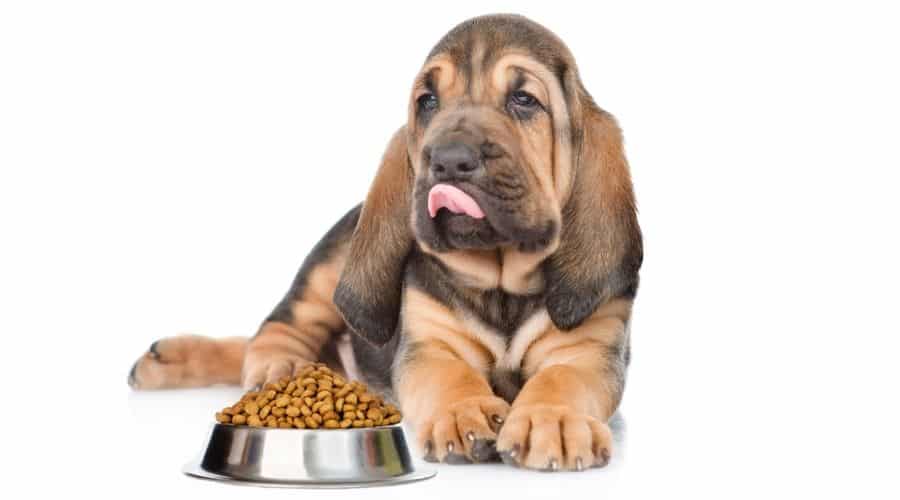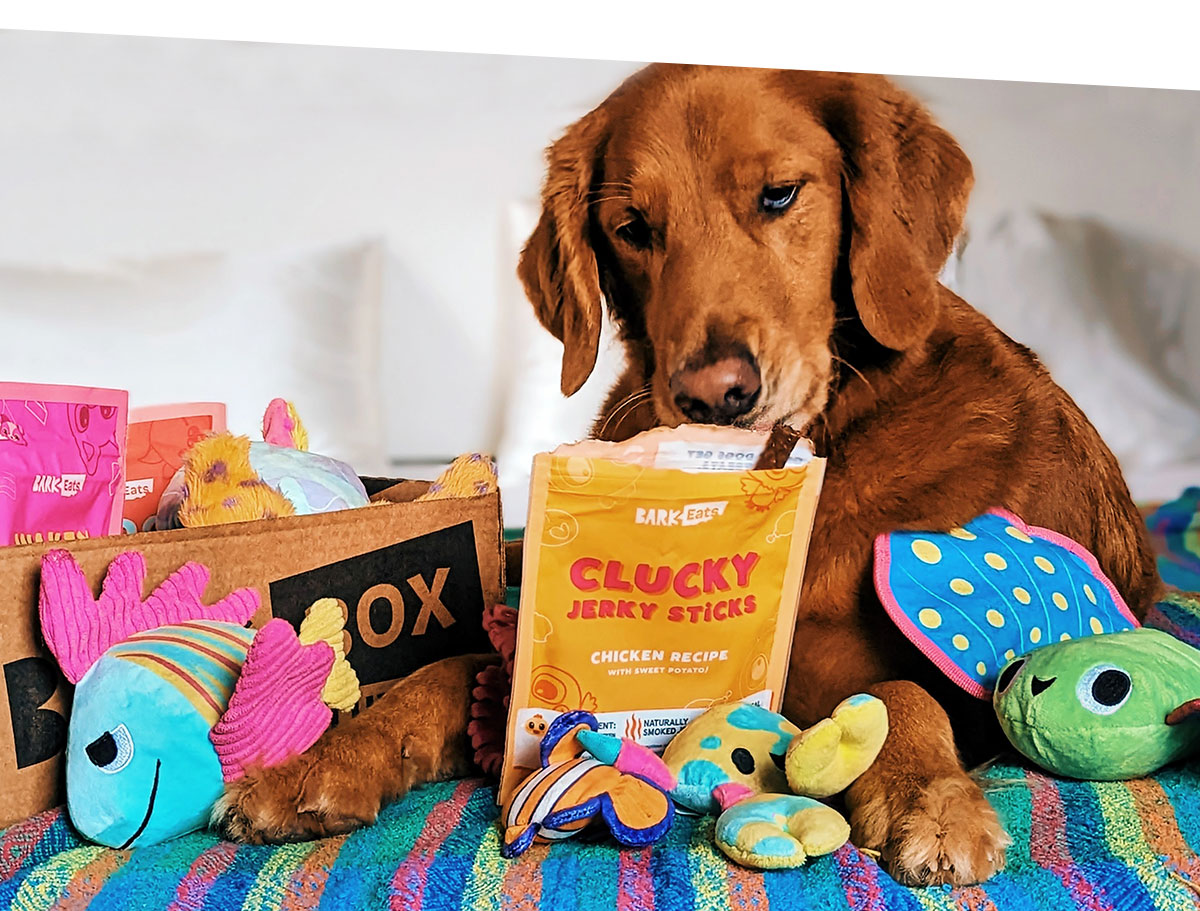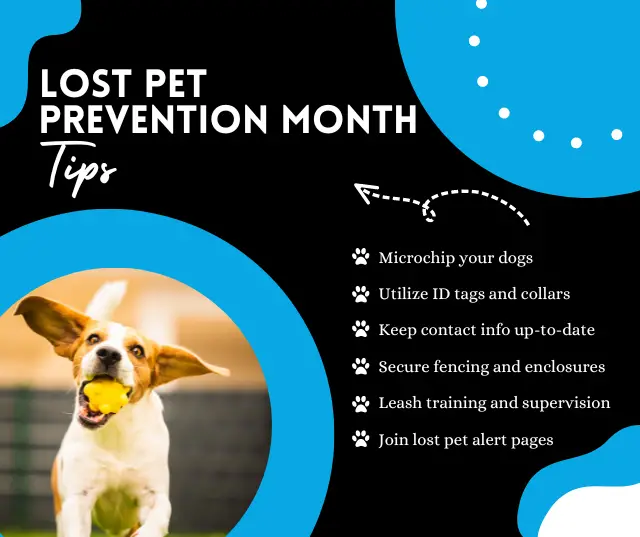Bloodhounds are known for their incredible sense of smell and their ability to track down scents over long distances. As a result, they are often used in law enforcement and search and rescue operations. However, to maintain their optimal performance, it is important to provide them with the right nutrition and treats. In this blog post, we will discuss the eating habits of bloodhounds and provide tips on how to feed them for optimal performance.
Bloodhound Eating Habits
Bloodhounds are large dogs and require a substantial amount of food to meet their energy needs. They are also prone to obesity, which can negatively impact their performance. Therefore, it is important to feed them a balanced diet that includes protein, fat, and carbohydrates.
Protein is essential for maintaining muscle mass, which is important for bloodhounds who are often required to run long distances. Good sources of protein include chicken, turkey, beef, and fish. Fat is also important as it provides energy and helps maintain healthy skin and coat. Sources of healthy fats include fish oil and flaxseed oil. Finally, carbohydrates provide energy and are important for maintaining healthy blood sugar levels. Good sources of carbohydrates include sweet potatoes, rice, and quinoa.
It is also important to feed bloodhounds at regular intervals throughout the day. This will help prevent them from overeating and becoming obese. Experts recommend feeding adult bloodhounds twice a day, with one meal in the morning and another in the evening. Puppies may require more frequent feeding.
Treats for Bloodhounds
Bloodhounds love treats, and they can be a great way to reward them for good behavior or to provide them with additional nutrition. However, it is important to choose the right treats to avoid overfeeding and potential health problems.
Good treats for bloodhounds include those that are high in protein and low in fat and carbohydrates. Examples include chicken jerky, freeze-dried meat treats, and rawhide chews. It is important to choose treats that are made from high-quality ingredients and do not contain additives or preservatives.
It is also important to limit the number of treats given to bloodhounds. Overfeeding can lead to obesity and other health problems. Experts recommend limiting treats to no more than 10% of a bloodhound’s daily caloric intake.
Feeding Bloodhounds for Optimal Performance
To maintain optimal performance, it is important to provide bloodhounds with the right nutrition and treats. Here are some tips for feeding bloodhounds for optimal performance:
1. Choose a high-quality dog food that contains protein, fat, and carbohydrates.
2. Feed bloodhounds at regular intervals throughout the day to prevent overeating.
3. Choose treats that are high in protein and low in fat and carbohydrates.
4. Limit the number of treats given to bloodhounds to no more than 10% of their daily caloric intake.
5. Provide fresh, clean water at all times.
6. Avoid feeding bloodhounds table scraps, which can lead to obesity and other health problems.
7. Consult with a veterinarian to determine the right diet and feeding schedule for your bloodhound.
Feeding Bloodhounds During Different Life Stages
Bloodhounds have different nutritional needs during different life stages. Puppies, adult dogs, and senior dogs require different levels of nutrients to stay healthy and perform their best. Here’s what you need to know about feeding bloodhounds during different life stages:
Feeding Bloodhound Puppies
Bloodhound puppies require a high-protein diet to support their growth and development. They also require more calories per pound of body weight than adult dogs. Puppies should be fed three to four times per day until they are four to six months old. After that, they can be fed twice a day.
When choosing puppy food, look for high-quality dog food that is formulated specifically for puppies. The food should contain at least 25% protein and be free from artificial preservatives, flavors, and colors. Feed your puppy the amount of food recommended on the package based on their weight.
Feeding Adult Bloodhounds
Adult bloodhounds require a balanced diet that contains protein, fat, and carbohydrates. They also require fewer calories per pound of body weight than puppies. Adult bloodhounds should be fed twice a day, with one meal in the morning and another in the evening.
When choosing dog food for your adult bloodhound, look for high-quality dog food that is formulated for large breeds. The food should contain at least 18% protein and be free from artificial preservatives, flavors, and colors. Feed your adult bloodhound the amount of food recommended on the package based on their weight.
Feeding Senior Bloodhounds
Senior bloodhounds require a balanced diet that is lower in calories than adult dog food. They also require additional nutrients, such as antioxidants, to support their aging bodies. Senior bloodhounds should be fed twice a day, with one meal in the morning and another in the evening.
When choosing dog food for your senior bloodhound, look for high-quality dog food that is formulated for senior dogs. The food should contain at least 18% protein and be free from artificial preservatives, flavors, and colors. Feed your senior bloodhound the amount of food recommended on the package based on their weight.
Supplements for Bloodhounds
Supplements can be beneficial for bloodhounds, especially those who are older or have health problems. However, it’s important to consult with a veterinarian before giving your bloodhound any supplements. Here are some supplements that may be beneficial for bloodhounds:
1. Glucosamine and chondroitin: These supplements can help improve joint health and mobility in older dogs.
2. Omega-3 fatty acids: Omega-3 fatty acids can help improve skin and coat health, reduce inflammation, and improve cognitive function in older dogs.
3. Probiotics: Probiotics can help improve digestive health and reduce the risk of gastrointestinal problems.
4. Multivitamins: A high-quality multivitamin can help fill in any nutritional gaps in your bloodhound’s diet.
Feeding your bloodhound a balanced diet that contains protein, fat, and carbohydrates is essential for maintaining their health and performance. Whether you have a puppy, adult, or senior bloodhound, it’s important to choose high-quality dog food that is formulated for their life stage. Additionally, limiting the number of treats given to bloodhounds and providing fresh, clean water at all times can help keep them healthy and performing at their best. Consult with a veterinarian for personalized advice on feeding your bloodhound for optimal performance.









